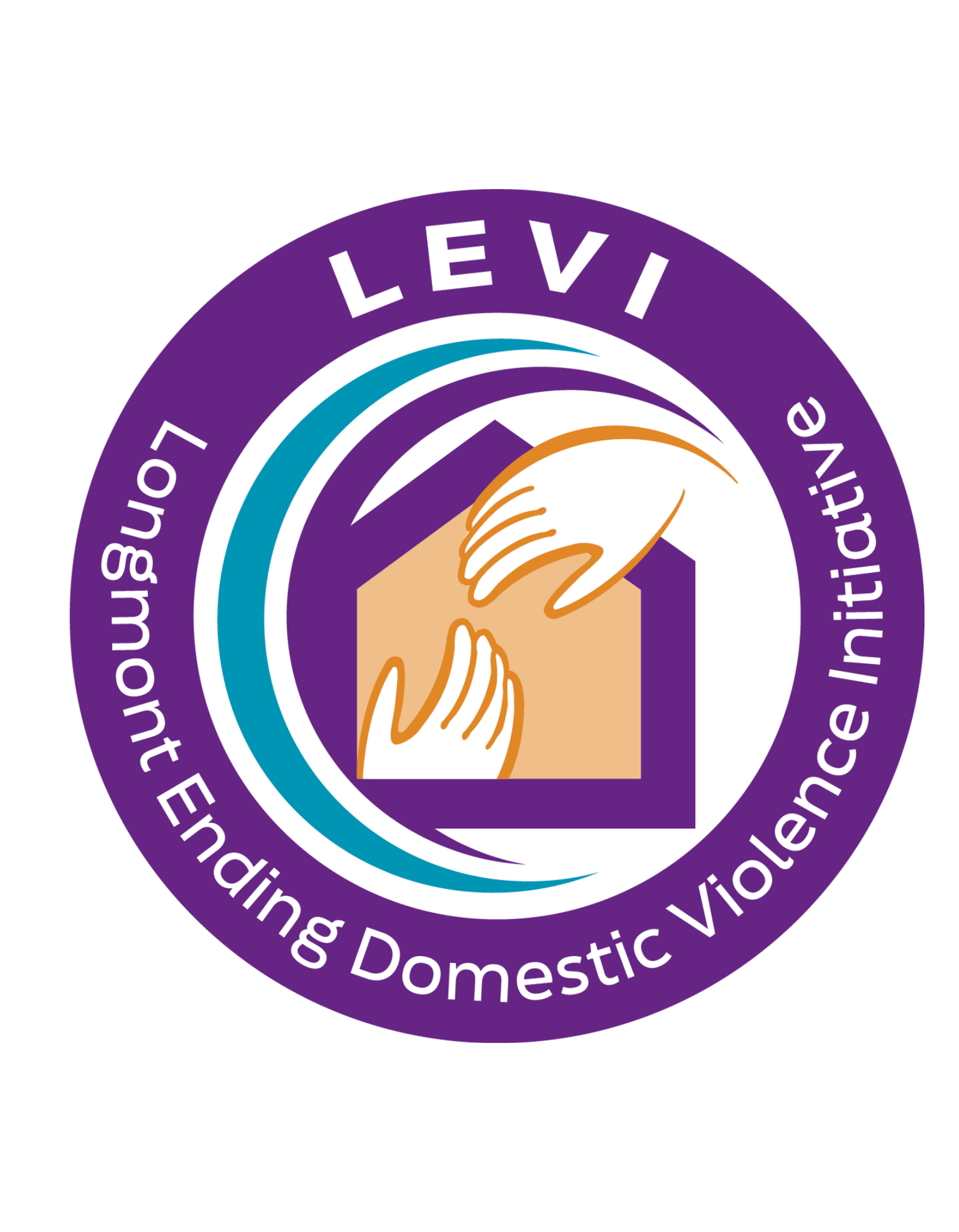Teen Dating Violence
What is dating violence?
Dating violence is when one person in a relationship uses harmful behavior to control the other person. This kind of abuse can happen over time and in different ways. It’s not just about physical violence—a relationship can be abusive even if no one gets physically hurt.
Other types of abuse include:
Emotional or psychological abuse (like threats or manipulation)
Verbal abuse (like yelling or name-calling)
Financial abuse (controlling money or resources)
Cyber abuse (using phones or social media to control or harass)
Sexual abuse (forcing or pressuring someone into sexual activity)
Cycle of Violence
Abusive relationships often follow a repeating pattern called the cycle of violence. This cycle has several stages:
Honeymoon Phase
Everything seems calm and loving. The abuser may be kind, caring, and things feel “normal.”Tension-Building Phase
Stress starts to grow. There may be more arguments, put-downs, or controlling behavior. The victim may feel like they’re walking on eggshells.Abuse Phase
This is when the abuse happens. It could be physical, emotional, verbal, or another form of harm. This is the most dangerous part of the cycle.Reconciliation Phase
After the abuse, the abuser may apologize, promise to change, or act very loving. This can make the victim believe things will get better.
Then the cycle often starts over again, going back to the honeymoon phase.
How common is the issue?
43% of dating college women have been victims of dating violence, including physical, verbal, digital, and sexual abuse.
Almost 1 in 10 teens in relationships have experienced a dating partner tamper with a social media account.
Learn more from The National Domestic Violence Hotline
Information for Youth
Relationship Characteristics
Red flags
-
Your partner should never pressure you or make you feel guilty for setting boundaries. In a healthy relationship, your limits are respected, and you should feel safe speaking up for yourself.
-
You’re allowed to be friends with whoever you want! You shouldn’t feel guilty for spending time with other people or doing things you enjoy without your partner. A healthy relationship gives you space to be yourself.
-
Your partner should not control what you do online. They shouldn’t tell you what to post, who to follow, who you can message, or anything else about your social media. You have the right to make your own choices online.
-
Your partner should respect all areas of your privacy. If anyone shares explicit content of you without your consent, it is a crime.
-
It’s normal to feel frustrated with your partner sometimes. But that never gives them the right to hurt you—not with words, and not with actions. No one should ever make you feel unsafe or disrespected.
-
Taking responsibility is important in any relationship. Both people should be able to admit when they’ve made a mistake and be willing to apologize. This helps build trust and keeps the relationship healthy.
-
If you feel like you can’t trust what your partner says, that’s a serious issue. You should feel like they’re being honest with you—not hiding things or lying on purpose. Trust is a key part of a healthy relationship.
Green flags
-
You shouldn’t feel like you’ve lost who you are just because you’re in a relationship. The things you enjoy and care about should still matter. It’s healthy to spend time apart from your partner. You’re allowed to want time alone or to hang out with other people. That doesn’t mean there’s anything wrong with your relationship.
It’s great to feel like a team, but you should still feel like your own person.
-
Healthy communication is built on trust, and trust comes from being honest, kind, and respectful. Good communication doesn’t mean you have to talk all day or share every detail of your life. But purposely hiding things, ignoring your partner, or giving them the silent treatment can still be hurtful.
After the early excitement of a new relationship, talking to your partner should feel comfortable—not stressful.
-
Being in a relationship should be fun and exciting! Every relationship has hard times, but the good times should always outweigh the bad.
-
Healthy conflict means that both people:
Take responsibility for their actions
Compromise to find a solution that works for both
Apologize when they’ve done something wrong
-
One person shouldn’t always be the one to say sorry, give in, or make all the compromises. In a healthy relationship, both people should feel like their thoughts and feelings matter. Each person should know that their partner respects and values them.
-
Everyone has different boundaries and comfort levels, especially when it comes to physical touch.
Nothing should move forward unless both people feel okay with it.
The right person will never pressure you to go faster than you’re ready for. -
You should see your partner as both a friend and a person—not just someone you’re dating. That means treating them with the same respect and kindness you give to the people you care about.
In a healthy relationship, both people should feel supported and lifted up by each other. -
Your relationship shouldn’t be a regular source of stress. Your partner should be someone you feel safe and comfortable turning to when other parts of your life are stressful.
Safety Planning for Teens
If you have concerns for your physical, mental, or emotional safety in an unhealthy or abusive relationship, it might be helpful to make a safety plan. You can read general information for safety planning, but it may also be useful to have tips specific for teens.
Here are some things you can do:
At school: Think about changing your class schedule, walking a different route, or staying with friends between classes. Talk to a teacher, counselor, or school resource officer—they’re there to help you stay safe.
With friends: Stay close to people who support you. You can ask them not to post pictures of you, turn off their location when you’re together, and keep certain things private.
If you want to break up: Make a plan ahead of time if you’re nervous. Think about where, when, and how you’ll do it, and who can support you.
Consent
Consent means agreeing to something freely, clearly, and without pressure.
It’s not just about physical touch—it’s about anything you give permission for. That could be a friend taking a sip of your drink, a doctor doing a medical test, or someone sharing your personal information.
Consent is especially important when it comes to sexual activity.
Planned Parenthood explains that consent has five key parts:
Freely given – You say yes because you want to, not because you’re pressured, forced, or under the influence of drugs or alcohol.
Reversible – You can change your mind at any time, even if you already said yes.
Informed – You know exactly what you’re agreeing to.
Enthusiastic – You’re excited and really want to say yes.
Specific – Saying yes to one thing (like kissing) doesn’t mean you’re saying yes to something else (like sex).
Learn more about consent at Planned Parenthood
Information for Parents and Professionals
Potential warning signs in adolescent behavior
Spending way more time with their partner and less time with friends, family, or doing things they used to enjoy
Changing how they dress, where they go, who they hang out with, or how they use social media
Always making excuses for their partner’s bad behavior
Seeming overly worried about upsetting their partner
Having injuries that don’t match the story they give
Showing signs of poor mental health, like anxiety or depression
Keep in mind: Some of these changes can be a normal part of growing up. But if you notice these signs, it’s a good idea to check in and make sure everything is okay..
Talking to youth about relationships
Don’t wait for one big talk - have smaller, more frequent conversations.
It’s easier and more natural to talk about relationships a little at a time.
Start early.
You can begin with simple topics when kids are young, like:
Safe and unsafe touches
How to treat people with kindness
Respecting other people’s boundaries
What behaviors are never okay (like yelling, hitting, or name-calling)
As they grow, the conversations can grow too—covering things like:
Consent
Dating violence
Sexual behavior
Helping friends in unsafe situations
Use everyday moments to start conversations.
Movies, news stories, or things happening in your own life can be great ways to bring up these topics naturally.
Encourage questions and open communication.
The more comfortable they feel talking about tough topics, the more likely they are to ask for help when they need it. You are allowed to disagree with their conclusions and share your own perspective. It is still important to try to respect their opinion and avoid making them feel judged.
Support them, even when they make mistakes.
Teens will mess up—it’s part of learning. Focus on helping them move forward. You don’t have to agree with every choice, but make sure they know you still care about them.
Believe them.
If they come to you with a concern—about themselves or a friend—take it seriously. Thank them for trusting you. Help them make a plan, which might include:
Changing classes
Getting mental health support
Making a police report
Involve them in the process and let them know ahead of time if you need to share the information with others (like school staff, parents, or police). Explain that it’s for their safety.
For more information read Respond’s Parent Guide to Teen Dating Violence.
Other Forms of Violence












